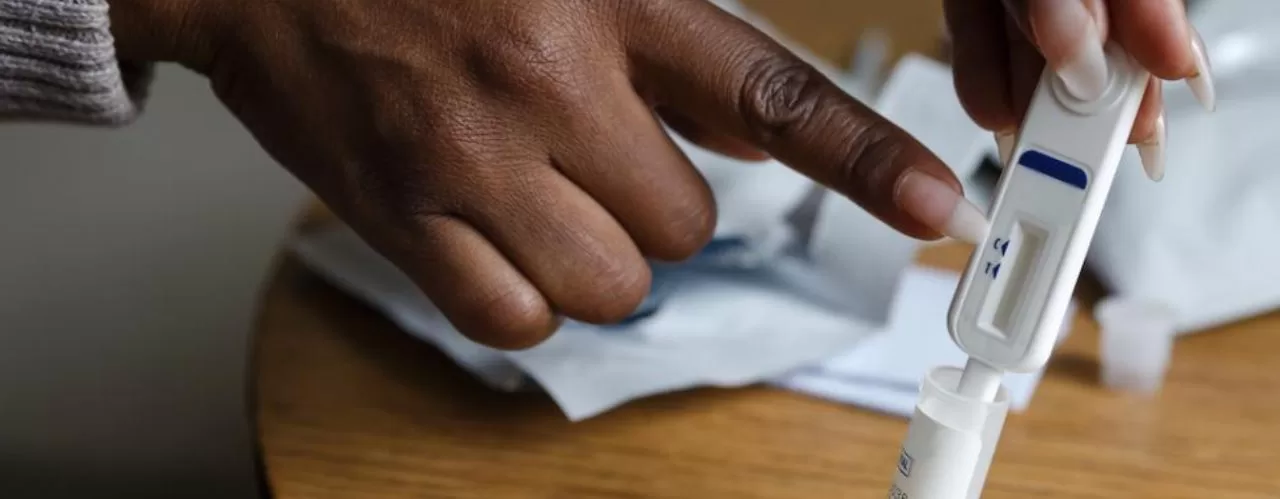A groundbreaking clinical trial led by physicians at Emory University and Grady Health System has revealed that a twice-yearly injection of Lenacapavir can reduce the risk of HIV infection by an astounding 96%. The results, published in the New England Journal of Medicine, present a potential game-changer in the fight against HIV, offering a more reliable alternative to daily oral antiretroviral medications.
The clinical trial, known as Purpose-2, compared the efficacy of Lenacapavir, a long-acting injectable, with daily oral pre-exposure prophylaxis (PrEP) medication, such as Truvada. While daily PrEP pills, which must be taken consistently to be effective, are proven to prevent HIV, they require patients to adhere to a strict regimen of daily doses. The challenge of maintaining this schedule often leads to inconsistent use, diminishing their effectiveness.
In the trial, which enrolled 2,179 participants from diverse global regions including the U.S., Brazil, and South Africa, 99% of those receiving the Lenacapavir injection did not contract HIV. This is a remarkable contrast to the 9 new HIV infections reported in the Truvada group of 1,086 participants. Adherence to the twice-yearly injection was found to be higher than the daily pill regimen, which researchers attribute to the convenience and reduced burden of fewer doses.
Dr. Colleen Kelley, lead author of the study and professor at Emory University’s School of Medicine, highlighted the significance of these results. “Seeing these high levels of efficacy—at almost 100%—in an injectable that people only have to take every six months is incredible,” she said. “This is a profound advancement, particularly for people whose circumstances prevent them from taking daily oral medications, or for those in populations disproportionately affected by HIV.”
The trial’s diverse participant pool underscored the importance of including groups most impacted by HIV, such as cisgender men, gender-diverse individuals, and people from racial and ethnic minorities. According to the study, these same groups are less likely to access or consistently use daily oral PrEP, making long-acting injectable options crucial for improving prevention efforts.
“HIV remains disproportionately prevalent among gay men and Black and Hispanic individuals,” noted Dr. Valeria Cantos, principal investigator at Grady Health System. “Having trials that reflect the communities most affected by HIV is key to addressing health disparities. At Grady, we are committed to ensuring that these underserved populations have access to the latest, most effective treatments.”
The trial’s success is not only seen as a major step forward in HIV prevention but also as a critical tool for addressing the ongoing challenges in public health. With over half of new HIV infections in the U.S. in 2022 affecting cisgender gay men, and a significant proportion of those in Black or Hispanic communities, innovative solutions are urgently needed.
Looking ahead, Dr. Kelley is optimistic that Lenacapavir may be approved by the U.S. Food and Drug Administration (FDA) as early as 2025, opening the door for wider use of this potentially transformative treatment.
Dr. Carlos del Rio, chair of the Department of Medicine at Emory University, emphasized that the focus must now shift to equitable access. “The challenge is to make these tools available to all populations who need them,” he said. “Only then can we expect to see a dramatic decrease in new HIV infections both locally and globally.”
The success of Lenacapavir marks a pivotal moment in HIV prevention, offering hope for those unable to adhere to daily pill regimens and underscoring the need for accessible, long-acting alternatives in the global fight against the virus.
For more information, see the study: Twice-Yearly Lenacapavir for HIV Prevention in Men and Gender-Diverse Persons published in the New England Journal of Medicine (DOI: 10.1056/NEJMoa2411858).











